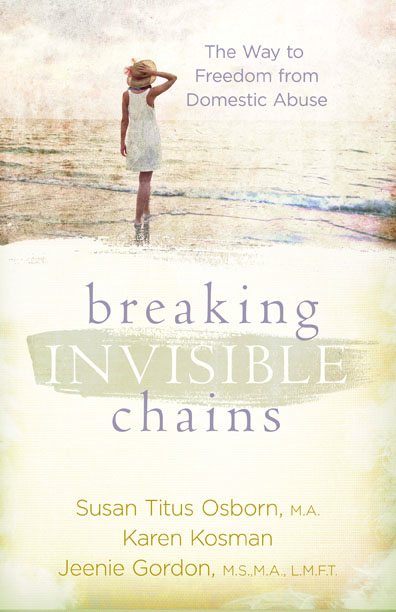How are we going to write for these special young people? Remember that they expect to be entertained. Our electronic world of TV, video games, movies, electronic devices, and endless vicarious entertainment has required nothing of them in return.
How can we grab their attention? How can we pass on a knowledge of the Bible and tell them about sin and its consequences? Many of them feel something is wrong only if it hurts or if they get caught. Haven’t you heard them say, “If it feels good, do it?”
How can we teach them not to abuse their own bodies? That God loves them and so do we? How can we teach them to “own their own faith?” How can we help them deal with that biology teacher who is telling them information alien to their Christian beliefs? We can take them to church, write for them, and set good examples in our own lives, but they must make the decision to accept Christ into their hearts. We cannot make that decision for them. Therefore, we need to write materials for them that they will want to read—books and stories that will teach them to question, to analyze, and to think for themselves—materials that will bring them closer to Christ.
We do this by writing stories. Whether you are writing fiction or nonfiction, you must use fictional techniques to capture young readers. And fiction is the best way. These young people are not threatened by a pretend story. They feel books are an escape from the problems around them into a world of fantasy.


